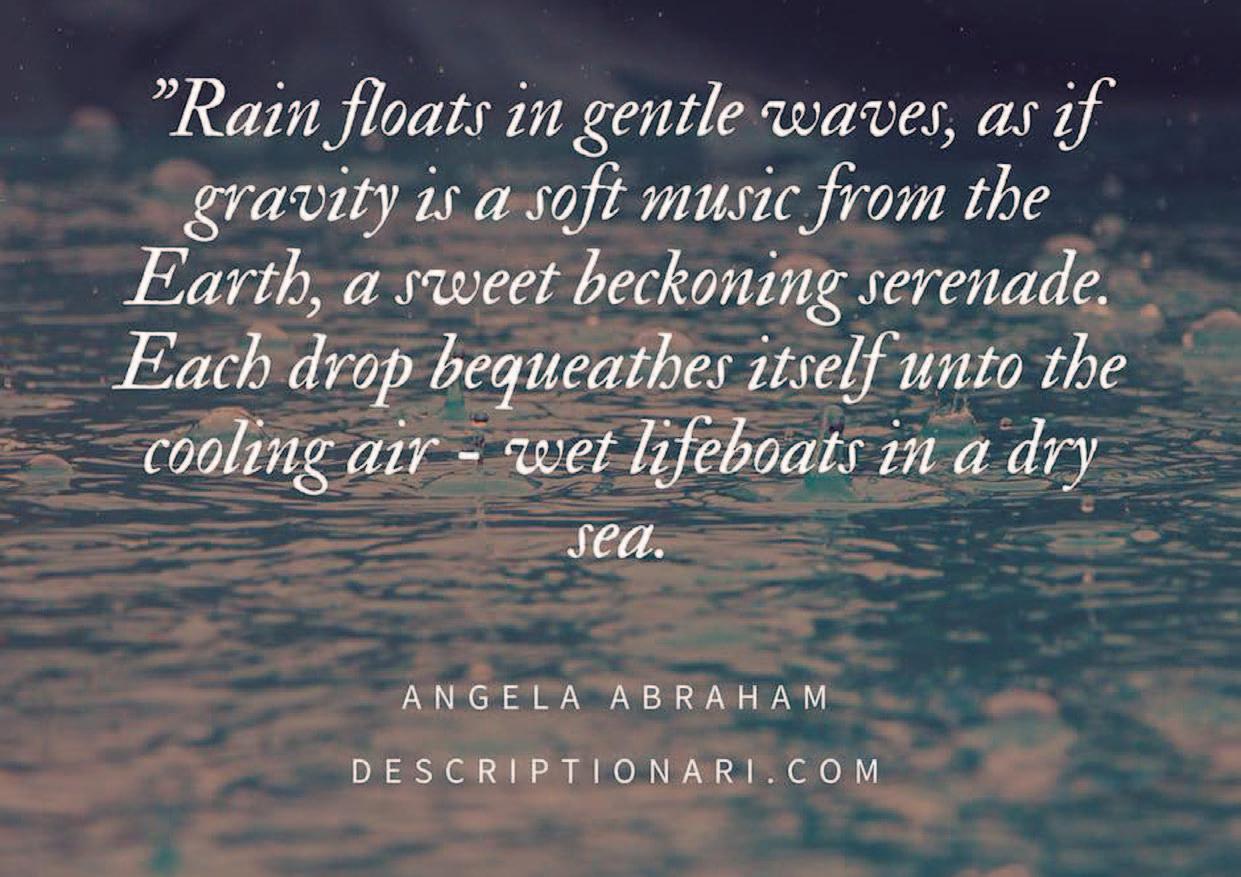Curriculum, learning and teaching
Facilitating effective professional learning Chris Gray introduces the Sharing Knowledge Project
Specific strategies – The International School of The Hague (ISH) The professional learning strategy at ISH aimed to:
Encourage and promote discussion of and development of inquiry-based teaching and learning strategies. The school aimed to identify ‘dilemmas’ (Windschitl 2002, p132) that teachers may experience during inquiry-based teaching. These dilemmas could then be discussed and strategies established to help address them. Windschitl (2002) identifies four potential dilemmas that could limit the use of inquiry-based teaching strategies in the classroom. ISH aimed to specifically address pedagogical dilemmas which are ‘aspects of teachers’ intellectual and lived experiences that prevent theoretical constructivism from being realized in practice in school settings’ (Windschitl 2002, p132). The dilemmas that may occur when using inquiry-based teaching strategies include classroom management issues, how to assess learning, time limitations and perceptions about how students can learn through inquiry. Two specific strategies were adopted at ISH, as follow below: in each case the strategy is described, followed by comments on the strengths of the approach and some considerations for schools planning to engage in this type of activity.
28
Teacher-as-student observations with a buddy Teachers and non-teaching staff participated in a ‘normal’ inquiry-based lesson as if they were a student. During the lesson participants were encouraged to engage in the same activity as the students and to make observations that could be used during a post-observation and discussion session. To provide greater insight into how students engage in inquiry-based activities, participants worked with a student buddy. Throughout the lesson the participant was treated as a student and was expected to engage in activities with their buddy, respond to questions asked by the teacher and consider the teaching and learning strategies used to support inquiry. One strength of this approach was that it provided rich insight into the nature of an inquiry-based classroom. Based on post-observation discussions, almost every observation resulted in participants identifying pedagogical dilemmas in their own practice or experiencing a new strategy they could use related to inquiry-based teaching. Over 100 observations took place during the project, which indicated that there was a good deal of opportunity to discuss strategies related to inquiry-based teaching. The planning and organization of the activity in the classroom was very simple and it provided a natural setting for teachers to experience learning through inquiry, from a student’s perspective, making it context specific. Considerations for schools planning to engage in this type of activity: Experiencing a normal lesson allows colleagues to discuss pedagogy in a realistic and therefore meaningful setting. We suggest the teacher delivering the lesson and participant should not treat the experience as an ideal lesson. Planning a perfect lesson and expecting to see one can provide an unrealistic view of what takes place in a classroom. Keep it simple. If the teacher observing enters the room, sits next to a buddy and participates as a student would and is treated like a student, this should provide enough insight and points for discussion. Post-observation discussion and reflection session In this strategy, discussion and reflection sessions took place following a lesson observation, as reflection can be used as a tool to promote changes in practice and perceptions. The sessions aimed to focus on non-judgmental observations and discussion that encouraged personal reflection. During discussion, teachers set their own professional learning goals in order to take ownership of their learning. Strengths of this approach included that discussions
Spring |
Autumn
Since January 2016, three Dutch international schools have been participating in a research project coordinated by Leiden University Graduate School of Teaching (ICLON): The Sharing Knowledge Project. The project aimed to investigate how professional learning, regarding inquiry-based teaching, takes place using a bottom-up approach and how knowledge attained from this approach is shared amongst teachers. This article will evaluate aspects of the project, including outlining some of the strategies used at the International School of the Hague (ISH), the strengths of these strategies and possible considerations for schools that wish to engage in similar professional learning activities. For the project, each school was requested to create a role of teacher-researcher: a teacher who was to be responsible for coordinating sub-teams within their school and who would regularly meet with other teacher-researchers and representatives from ICLON. Schools were responsible for establishing their own professional learning strategies and the approaches were evaluated and shared amongst the three schools.
| 2018



















